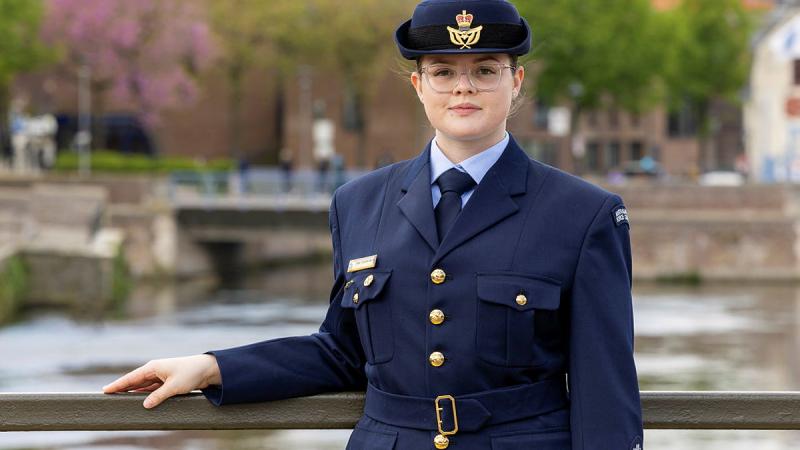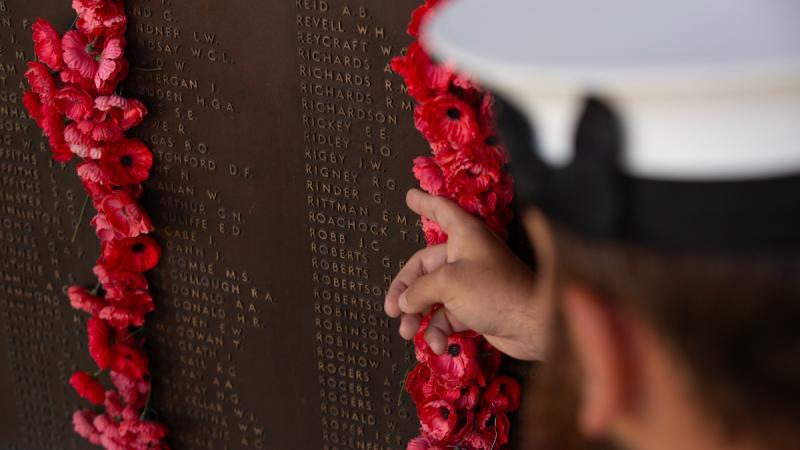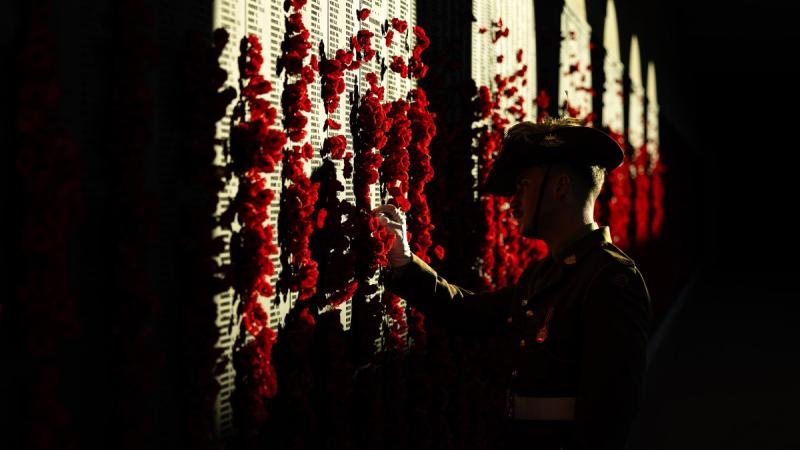
Charles Darwin University’s (CDU) Molly Wardaguga Research Centre has welcomed $5 million in this year’s budget for the Birthing On Country project to support First Nations mothers and their babies in remote communities for the next five years.
Funding from the Federal Government allocated to the improving the Health and Wellbeing of Indigenous Mothers and Babies will raise the safety of birthing on country and integrating cultural sensitivities as women move into motherhood.
CDU Professor of Indigenous Health Yvette Roe, a proud Njikena Jawuru woman, and Professor of Midwifery Sue Kildea, Co-Directors of the Molly Wardaguga Research Centre said the project builds upon 25 years of health services research.
“This gives us an opportunity to provide a strong research framework to enable First Nations communities to reclaim their birthing services to ensure the best start to life for mothers and babies,” Professor Kildea said.
“We are very excited to be able to test the translation of research evidence that shows extraordinary benefits for First Nations mums, babies and communities into rural (Nowra, NSW), remote (Alice Springs, NT) and very remote (Galiwin’ku, NT) settings.”
Professor Roe said solutions to reduce risk in pregnant women was to enable Yolŋu to use Yolŋu knowledges to work side by side with non-Yolŋu knowledges.
Professor Roe said the Birthing on Country service had already shown a 38 per cent reduction in preterm birth, neonatal nursery admissions, number of planned caesareans and epidural pain relief in an urban setting.
“Preterm birth is the largest contributor to infant and child mortality,” Professor Roe said.
“It is associated with significant long-term health problems and lifelong inequity including developmental and behavioural problems, negative impacts to schooling and educational attainment, childhood disability and chronic diseases in adulthood.”
The First Nations families in the East Arnhem region suffer one of the highest proportion of babies being born too soon in Australia (18 to 22 per cent versus seven per cent for non-Indigenous Australians).






